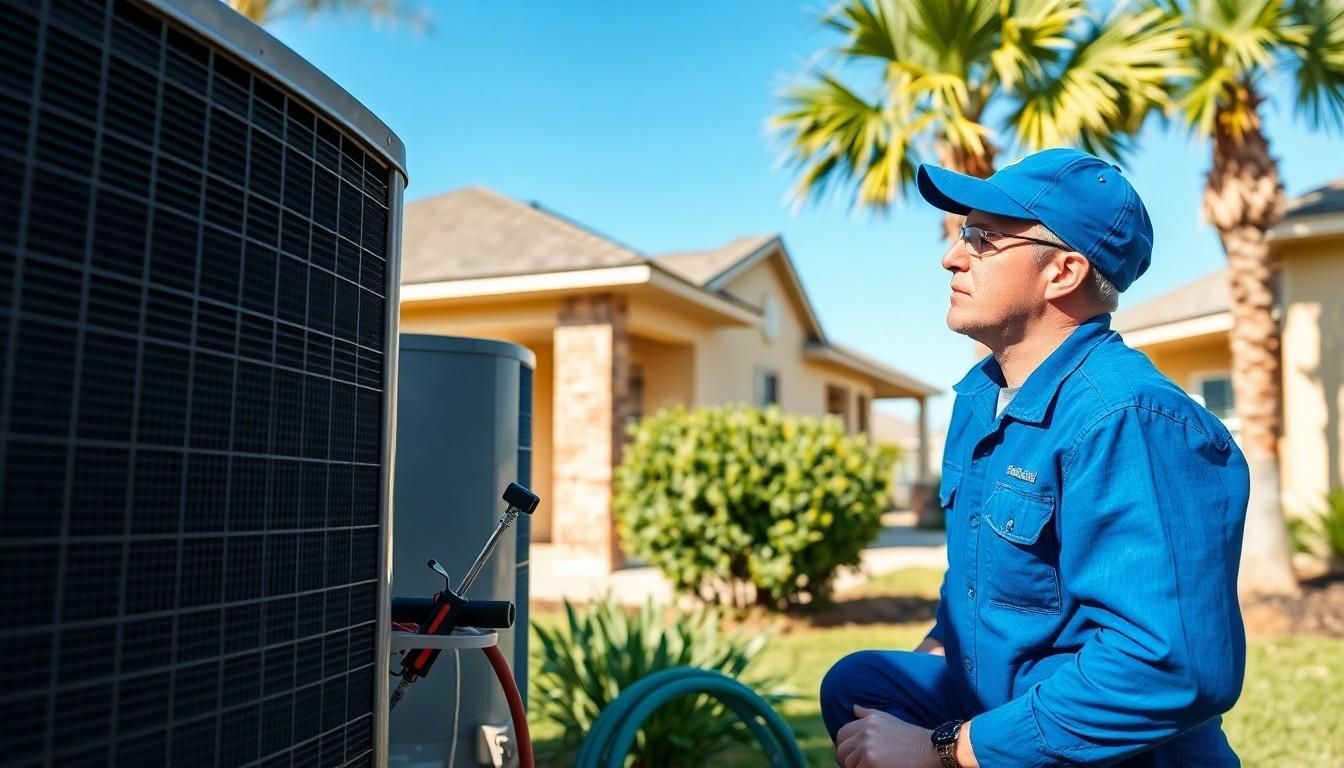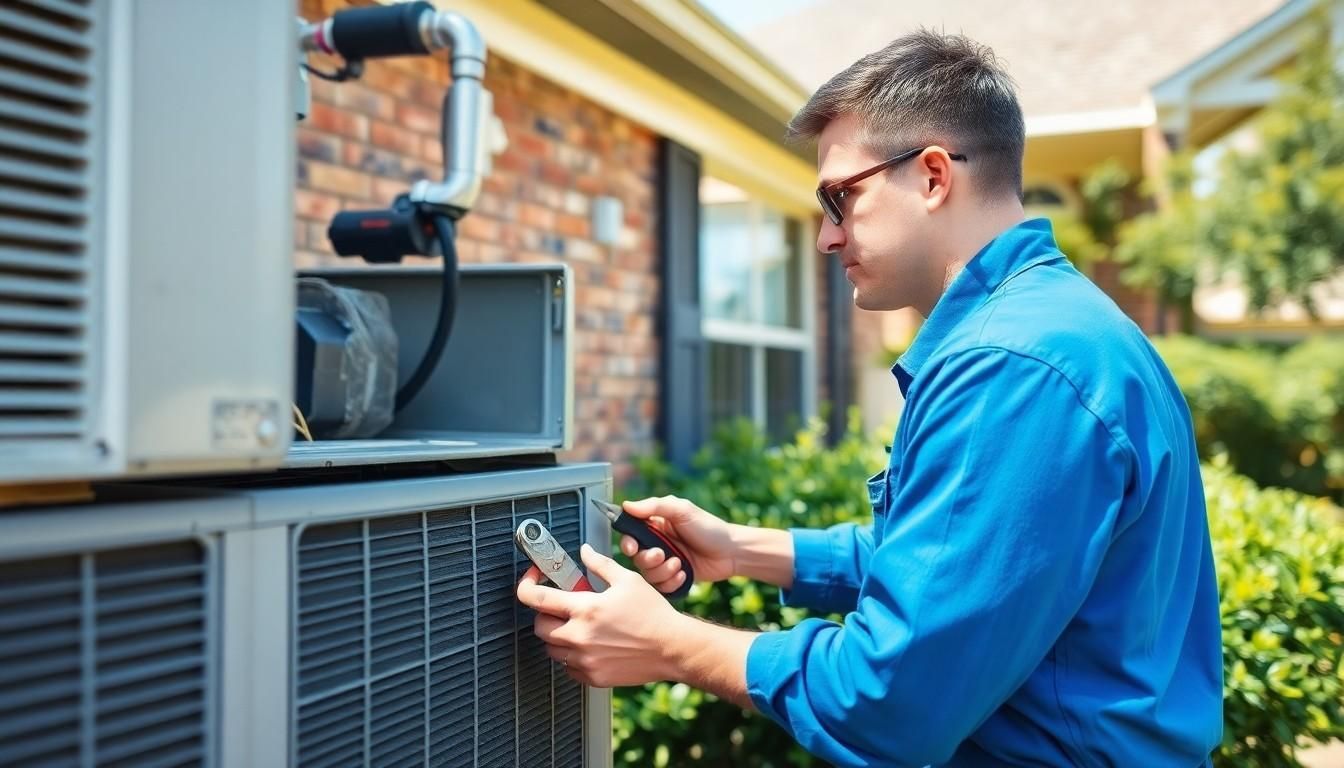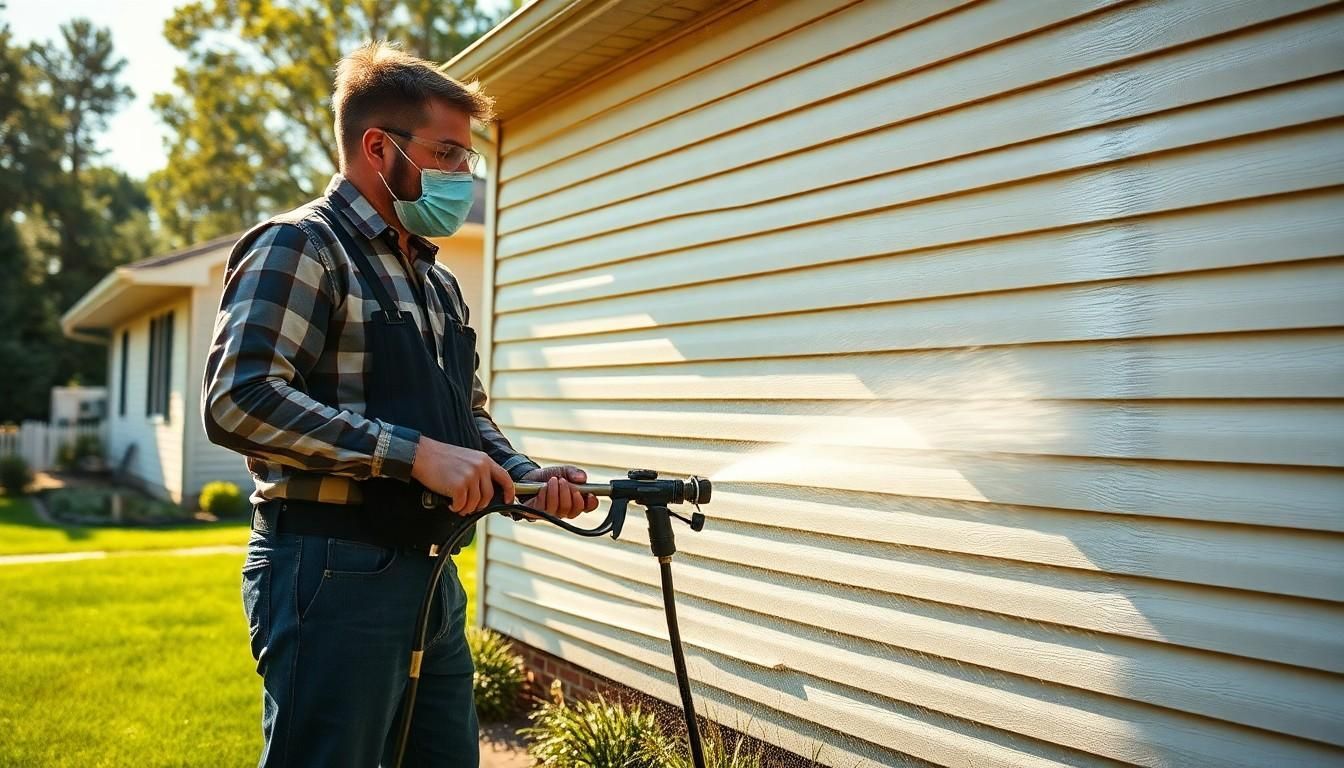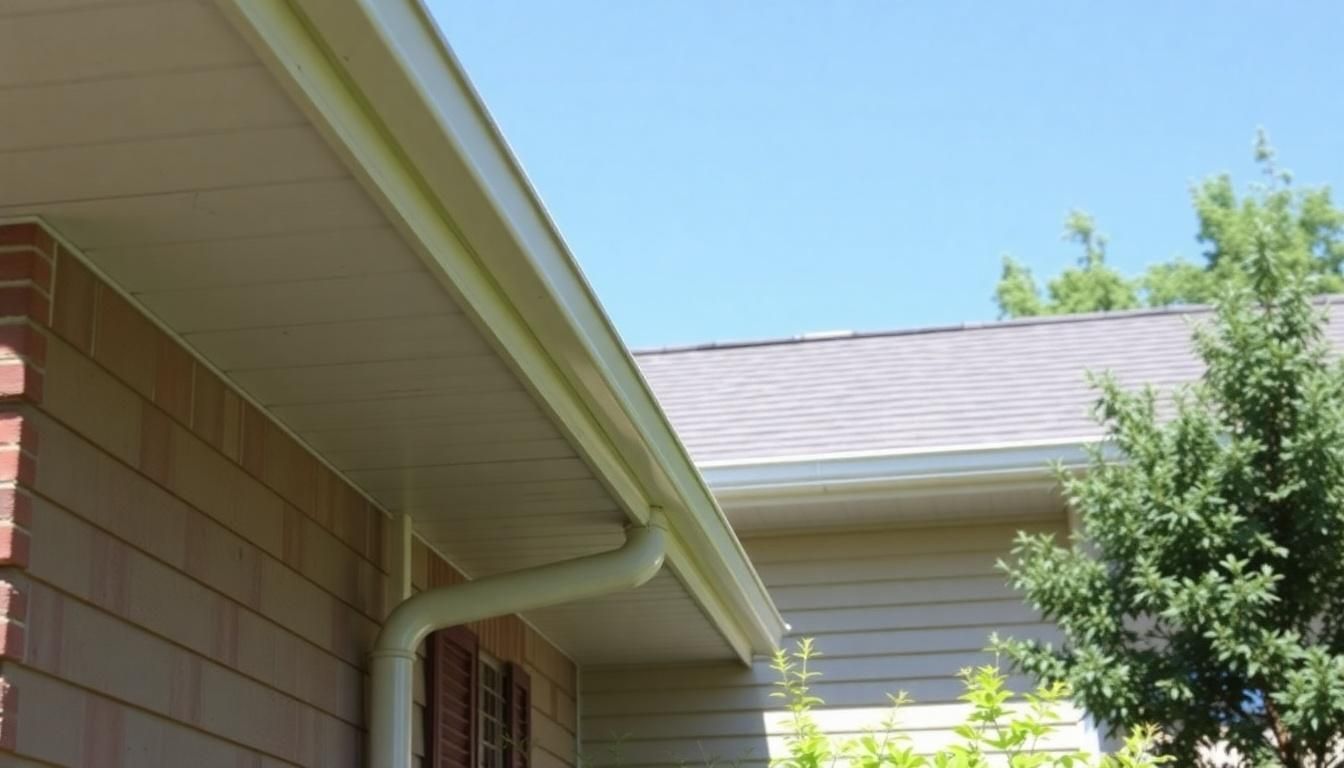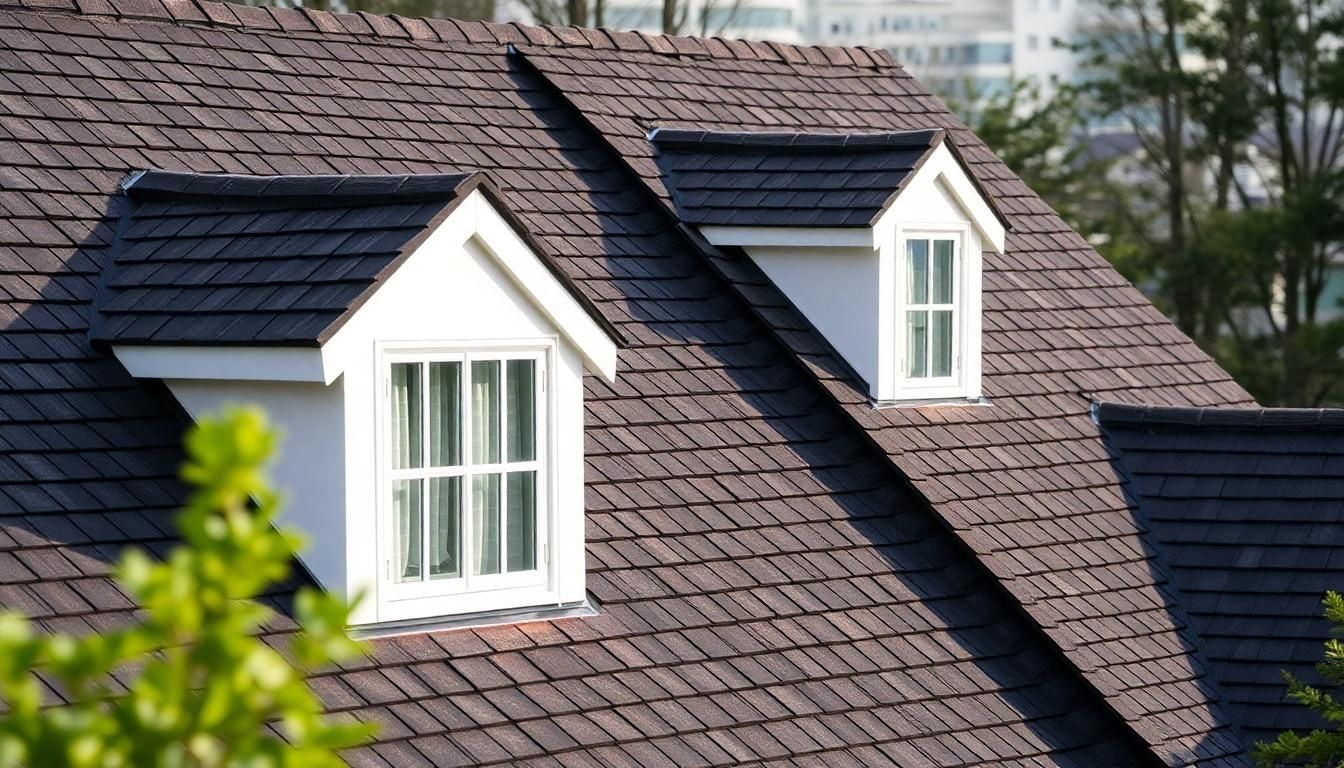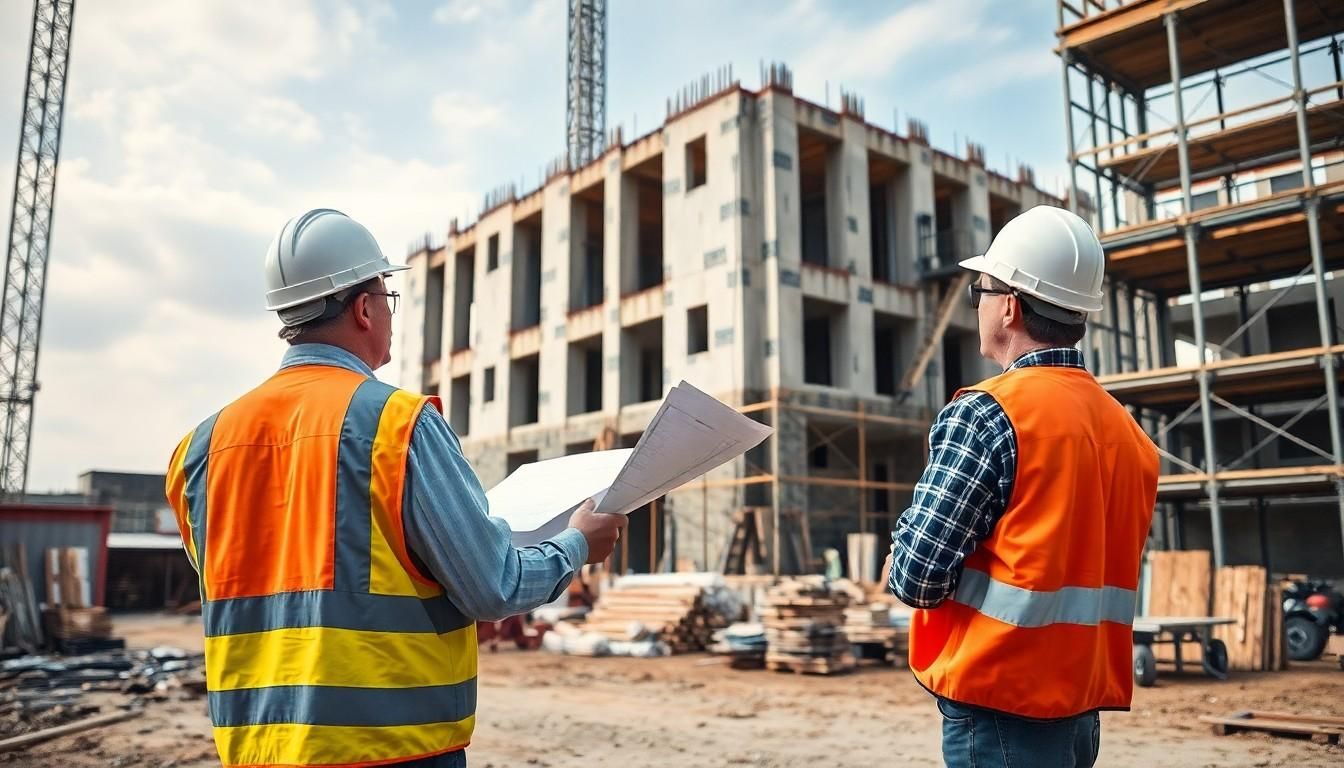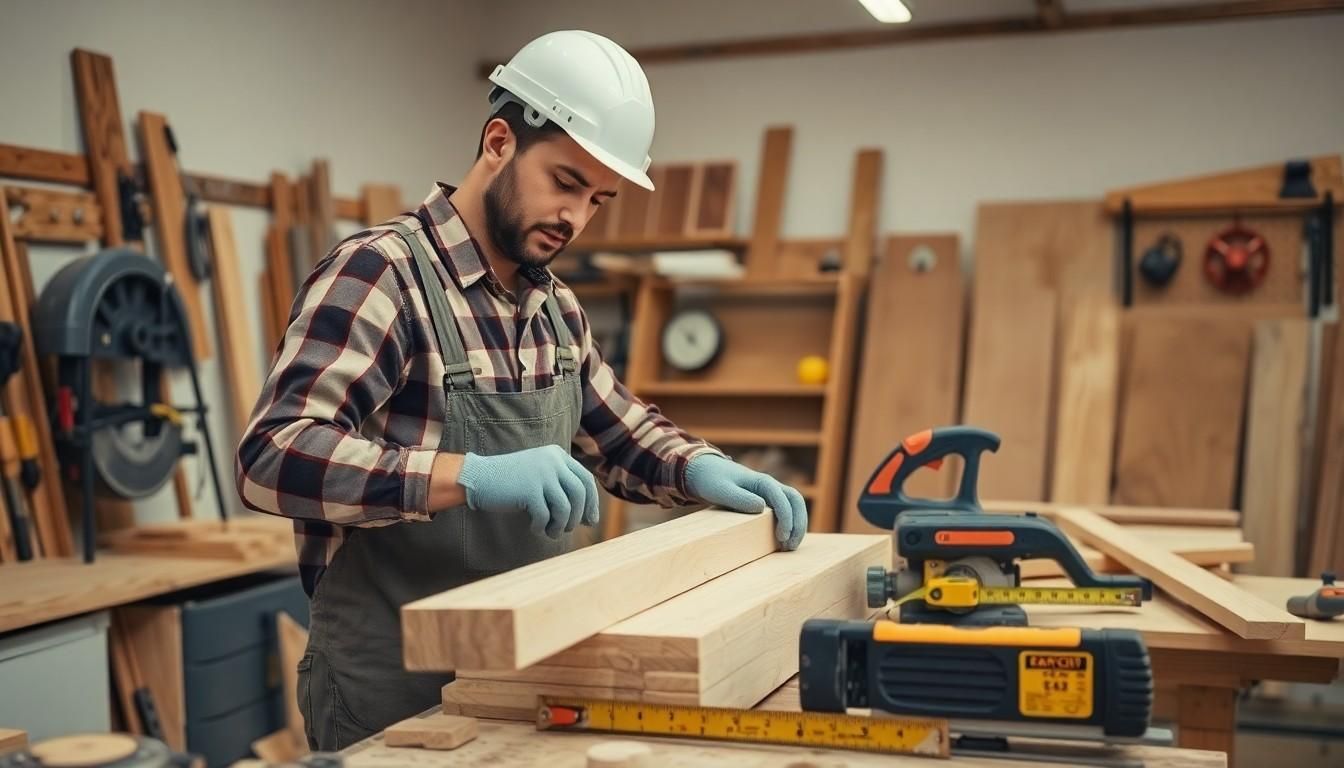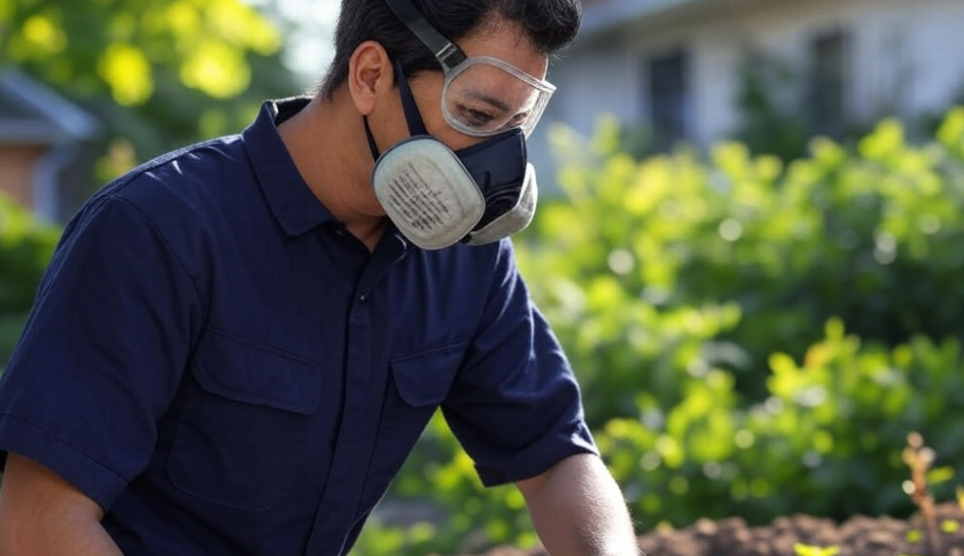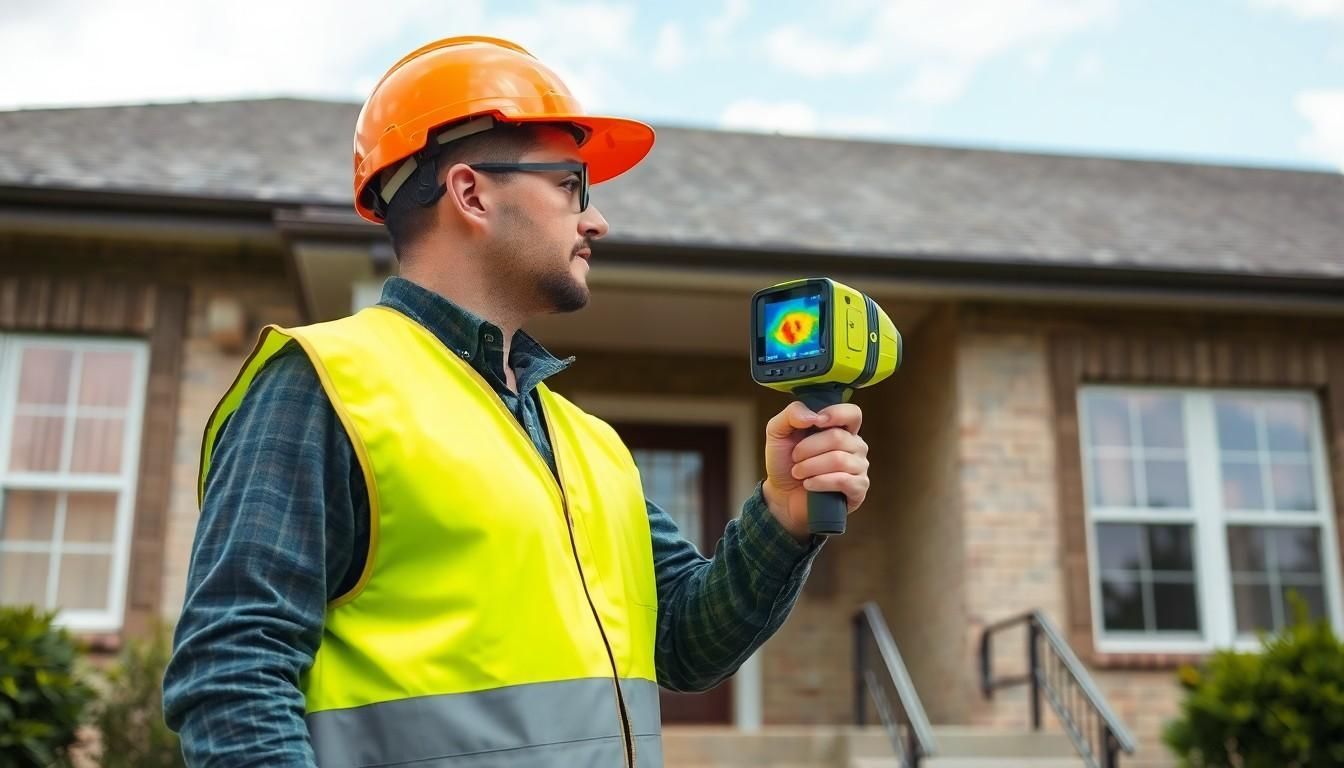How to Choose a Reliable Home Inspection Service
Is your home inspector really qualified, or could you be risking your investment on an unverified professional? In the world of home inspections, the qualifications and certifications of your inspector are as crucial as the inspection itself. Choosing a certified home inspector ensures that your property is examined by someone who meets rigorous professional standards and adheres to industry codes of conduct. Discover how to navigate the certification landscape, ensuring your inspector's credentials are both verified and recognized by leading associations. Your home's safety and future value depend on making the right choice now.
Importance of Experience in Home Inspections
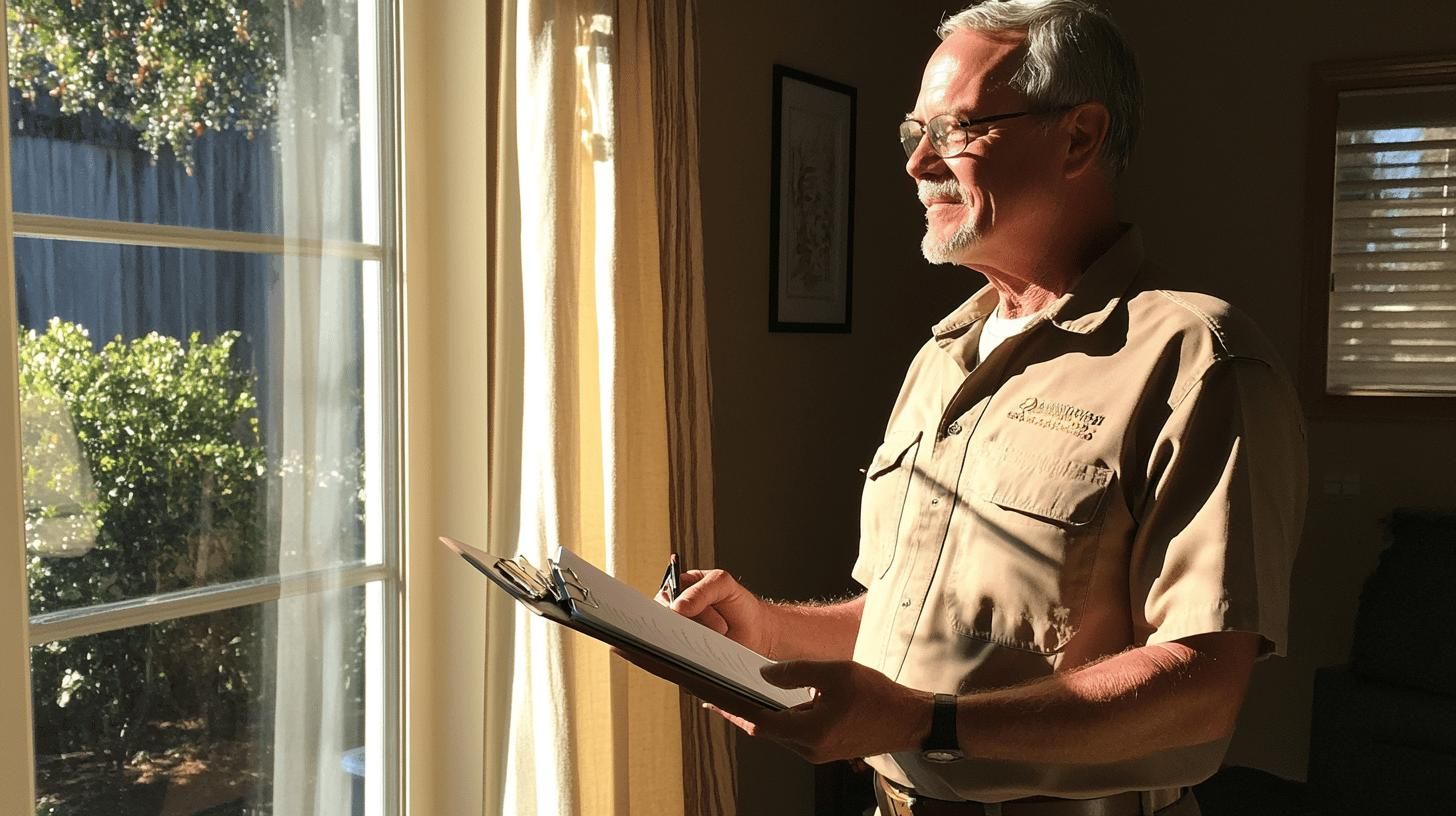
When selecting a reliable home inspection service, why is experience crucial? Experience is vital because seasoned inspectors have honed their ability to identify issues that may not be immediately apparent. An inspector with several years of experience and a solid track record in the field is more likely to detect potential problems that could affect your property’s value or safety.
Inspectors with backgrounds in engineering and construction can offer deeper insights into structural integrity, material durability, and design flaws. These insights are particularly beneficial in identifying complex issues related to the construction and engineering aspects of a property, which less experienced inspectors might overlook.
Experience with homes similar to the one you are purchasing can be especially beneficial. An inspector familiar with the age, style, and common issues associated with certain types of homes will be more adept at spotting specific problems that might arise.
To ensure you choose the right home inspector, here are some essential questions to ask about their experience:
- How many years have you been in business?
- How many home inspections have you conducted?
- Do you have experience with properties similar to the one I am buying?
- What is your background, and do you have any specialties in engineering or construction?
These questions will help you evaluate an inspector's qualifications and ensure they have the necessary experience to provide a thorough and accurate assessment of your property. Prioritizing experience can ultimately lead to a more reliable inspection, providing peace of mind and protecting your investment.
Understanding the Cost of Home Inspection Services
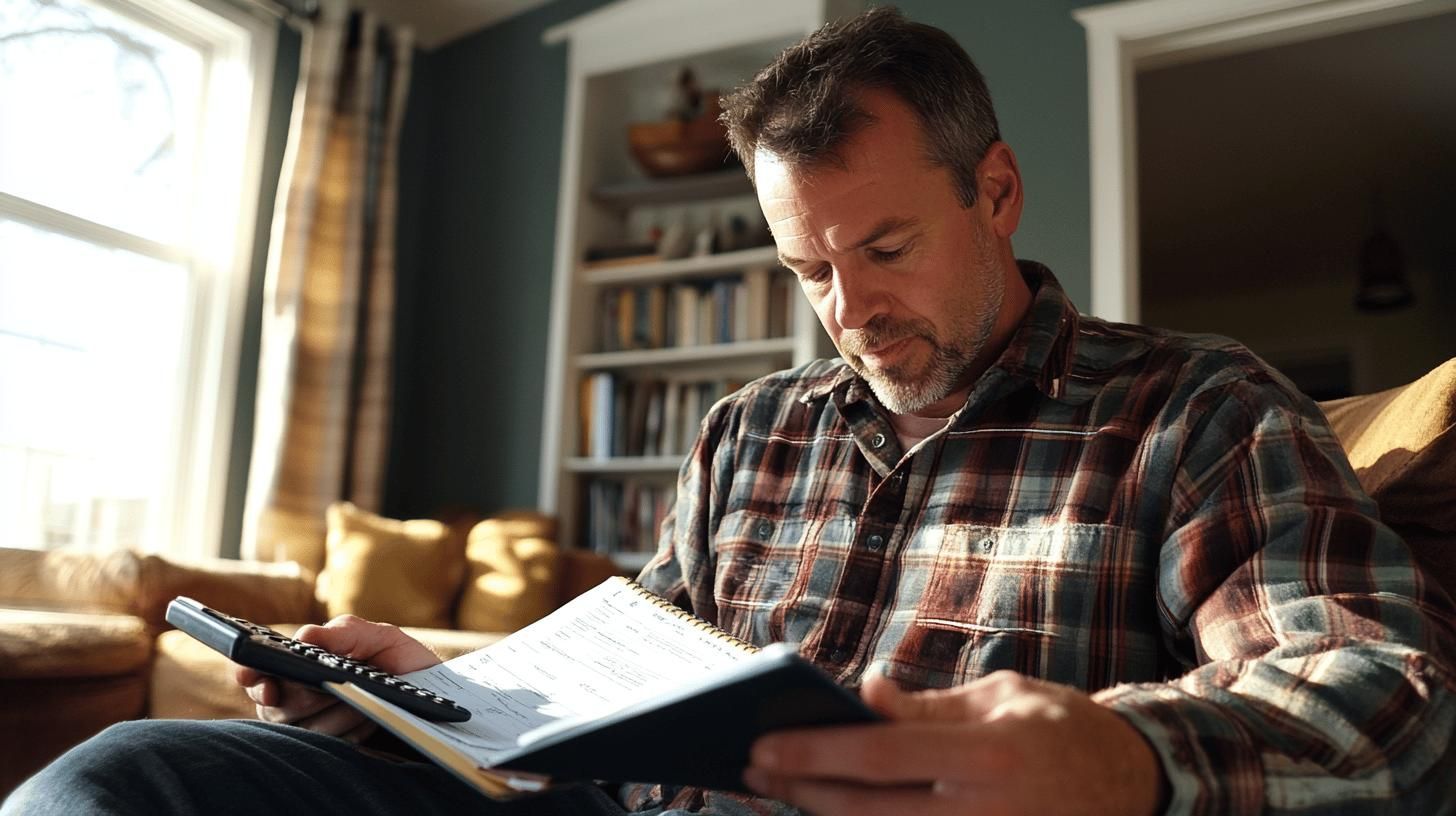
The typical cost of a home inspection usually ranges from $300 to $500. These costs can fluctuate based on various factors such as the property's location and size. For instance, larger homes or properties situated in urban areas might incur higher inspection fees due to increased complexity and demand.
Transparency in pricing ensures that you understand exactly what services you are paying for, preventing unexpected charges. A detailed breakdown of costs allows you to compare different inspection services accurately and make informed decisions based on the services included in the price.
Should you choose the cheapest home inspection option available?
Opting for the lowest-priced service can be risky. Inspectors with significantly lower fees than their competitors might lack experience or offer insufficient service quality. It's crucial to weigh the cost against the inspector's credentials and the comprehensiveness of their inspection.
Which factors can influence home inspection pricing? Several elements can affect the cost, including:
- Location: Urban areas often have higher costs due to increased demand.
- Property Size: Larger homes require more time and resources to inspect.
- Inspection Scope: Additional services such as radon testing or pest inspections can increase the overall price.
By understanding these factors and prioritizing transparency, you can select a home inspection service that offers both quality and value, ensuring a thorough evaluation of your property.
Red Flags to Avoid When Selecting a Home Inspection Service
1. A lack of credentials is a significant warning sign. Inspectors without certifications from reputable organizations like ASHI or InterNACHI may not meet industry standards, raising questions about their qualifications and reliability.
2. Clear communication is essential for understanding the inspection process and findings. Inspectors who provide unclear or evasive answers might be hiding gaps in their expertise or unwilling to be fully transparent.
3. Pressure from agents to use a particular inspector this can indicate a potential conflict of interest. An inspector recommended under pressure may prioritize the agent's interests over providing an unbiased assessment, compromising the inspection's integrity.
4. Extremely low prices often suggest a compromise in service quality or experience. High-quality inspections require time, expertise, and resources, which are reflected in reasonable pricing.
Avoiding these red flags helps ensure the selection of a qualified and trustworthy home inspection service, ultimately protecting your investment.
Conclusion
In the process of how to choose a reliable home inspection service, remember, a knowledgeable inspector can safeguard your investment by providing an accurate assessment. Prioritize quality and professionalism to ensure your property is evaluated comprehensively, enhancing long-term value and safety.
FAQ
How to choose a reliable home inspection service?
Consider inspectors licensed and certified by ASHI or InterNACHI, with verified credentials. Review feedback, verify licenses, and assess professionalism to ensure reliability and adherence to industry standards.
What is the American Society of Home Inspectors?
It is a professional organization providing certification for home inspectors, ensuring they meet rigorous standards. Affiliation with ASHI indicates reliability and adherence to industry standards and ethical codes.
What are the red flags to avoid in a home inspection?
Key red flags include lack of credentials, vague communication, pressure from agents, unusually low fees, and inspectors offering repair services which can indicate conflicts of interest.
How much does it cost to hire a home inspector?
Typical costs range from $300 to $500, varying with location and property size. Transparency in pricing is vital, and unusually low rates may suggest insufficient experience or service scope.
How to negotiate based on home inspection findings?
Use the inspection report to discuss necessary repairs or adjustments with the seller. Focus on safety issues or major defects that significantly impact the property's value or function.
STAY UPDATED
Stay updated to receive latest news & updates.
New Letter
We will get back to you as soon as possible.
Please try again later.
CONTACT DETAILS
Office Location: 18376 Cooper Rd Conroe, TX 77302
Phone: (281) 745-0234
Email: homeoffice.doublelf@gmail.com
Accurate Inspect TREC# 4860
Accurate Construction TRCC# 32693
Accurate Insect & Pest Control TPCL# 0616331
RAS (Registered Accessibility Specialist)
TDLR license #1698
QUICK LINKS
BUSINESS HOURS:
- Monday
- -
- Tuesday
- -
- Wednesday
- -
- Thursday
- -
- Friday
- -
- Saturday
- Closed
- Sunday
- Closed
All Rights Reserved | Accurate Home and Commercial Services | Website created by: TrueDigital Marketing

